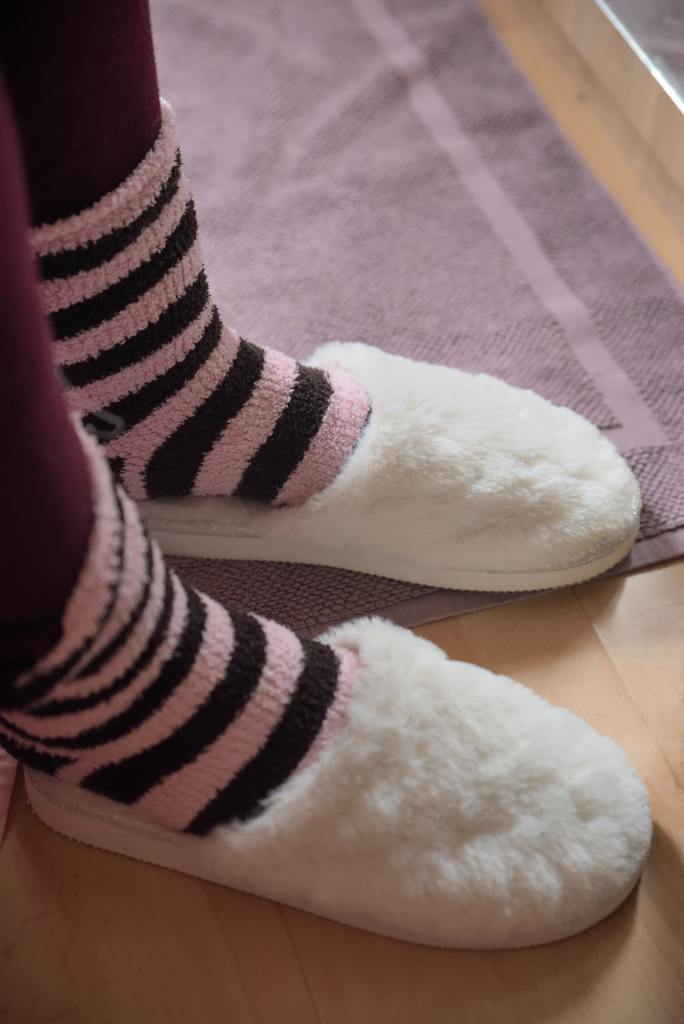
“The Oncologist told us they would only live for another three weeks.”
“When was that?”
“Three months ago.”
“The good care you and your sibling provided kept them going. Now they are tired, and their body can’t handle the cancer anymore.”
“We are at breaking point ourselves. We can’t sleep well, and the tears keep coming.”
“You are both very close to your parent, you have looked after them well.”
“The last months had been hard, but the last weeks have been terrible. We have had to help with everything.”
“They are exhausted. Yesterday they told me they thought their time was short, that death would happen soon. I agree with them. We will get them through this, and get you and your sibling through this too.”
“The phlegm is causing them distress, and the breathing. They couldn’t relax last night. The medications helped briefly but then they couldn’t lie still. I kept awake too. They keep on asking for water, but it will go into the lung. Their swallowing is getting worse.”
“If it will make them feel better they can have some water. It won’t make things much worse but might bring them some comfort. If they developed an infection I wouldn’t treat it, as it might be gentler to die of the infection rather than dying of cancer. We’ll change the medications to make them more comfortable.”
“Please do, make them comfortable. Too much suffering already. They were always proud of their appearance but in the last weeks, no energy to do anything.”
“They’ve hated not being able to do what they want?”
“Yes, they even asked about assisted dying. They’ve always been so independent, not being able to do anything for themselves has been awful.”
“Natural death is going to happen soon, they wouldn’t make it through the assisted dying assessment process. They’re likely going to fall asleep soon. We’ll keep them comfortable.”
“Thank you doctor, can we stay here in the hospice.”
“Of course, you all need to stay here, we’ll look after you all.”




 On the desk I was surprised to see the returned tackle box. This usually happens when a patient doesn’t require subcutaneous medications anymore, or else when a death has occurred. There would be a missing name on our “patients to be discussed” list tomorrow, one that had been on the list for most of the past eight months.
On the desk I was surprised to see the returned tackle box. This usually happens when a patient doesn’t require subcutaneous medications anymore, or else when a death has occurred. There would be a missing name on our “patients to be discussed” list tomorrow, one that had been on the list for most of the past eight months.